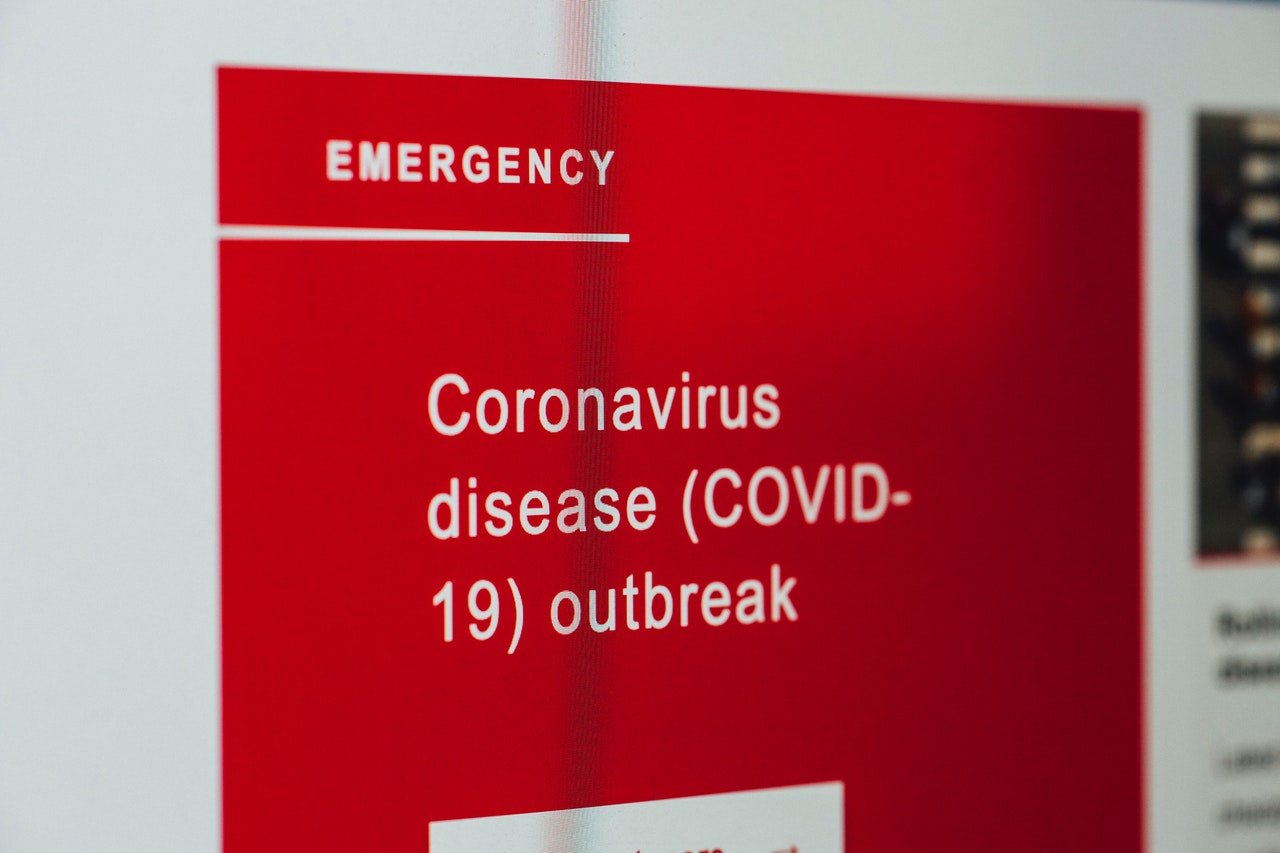
Potential for Fraud Following the Coronavirus Outbreak

Whistleblowers and government lawyers who fight fraud used to think a billion dollars was a lot of money. Now the U.S. Government ran into the novel Coronavirus and created a Two Trillion Dollar stimulus package. Trying to put that kind of money in perspective is difficult, it doesn’t even look right in numbers ($2,000,000,000,000). It is more than three times the amount of money the U.S. spends in a year on Medicare. It is more than the Medicare, Medicaid and the Defense Department Budget in 2019.
For some perspective on fraud cases, the U.S. managed to recover $2.8 Billion through the False Claims Act in fraud committed in 2018, mostly as a result of collections in Health Care programs and Defense. When the U.S. prosecutes fraudsters who try to take advantage of the Treasury as we try to prop up the country in this crisis will we see $5 Billion collected?
Probably not, but there will be plenty of fraud and hopefully the Government will go after the most egregious cases. The controls and regulations in Medicare, Medicaid and Defense procurement are vastly more sophisticated than anything in place to protect the Two Trillion Dollar CARES Act funds. Even with that money allocated, Government officials looking at dire circumstances for the economy are already contemplating adding least another Trillion Dollars to the original stimulus and fraud will no doubt be stimulated as well.
We must work to protect these funds.
The False Claims Act is by far the most powerful tool available to fight fraud committed against the Government. It allows whistleblowers to file cases and provide the U.S. with information about fraud. When the information is strong enough and the Government recovers money the whistleblower earns an award. That’s how the Government was able to recover billions from fraudsters who otherwise simply would have gotten away with stealing.
This situation does require whistleblowers and lawyers to be careful. The goal of these stimulus programs is to spend money and make the economy work when it otherwise would not. As a result the legislation requires little in the way of conditions for many companies to get the funds.
The Government is not going to crack down very hard on a company that makes a mistake on whatever form it is this week that the Small Business Administration says you have to fill out to obtain a PPP loan. Defendants will whine that it is all too difficult to deal with complex government requirements. The legal watchword for a successful case under these conditions is “materiality.” You will see plenty of references to the “Escobar case” as if this idea is as novel as the virus. It is a pretty simple question though, is there misrepresentation made which is material to the Government’s decision to award the money?
When the Government is intent on giving away money that may create a more difficult standard.
We had this kind of difficulty going after fraudsters during the Iraq and Afghan wars, as the Government seemed to insist on dropping money out of airplanes. “Don’t bring those cases” is the advice I got fifteen years ago from a veteran attorney.
We still brought many cases though, because sometimes fraud just is that bad when there is that much money around. Unfortunately, It will be now too.
There will be businesses that misrepresent by a wide margin the number of employees on the payroll in applications to get loans. Companies will claim to keep people employed or will claim to spend money in ways that are legitimate, and we will find most will do that, but somewhere somehow a CEO will pocket half of the grant.
Those of us in the business of fighting fraud should look to find those most egregious of cases. We will find them and fighting fraud by bringing the best cases is the best way to protect this important law and our country.












